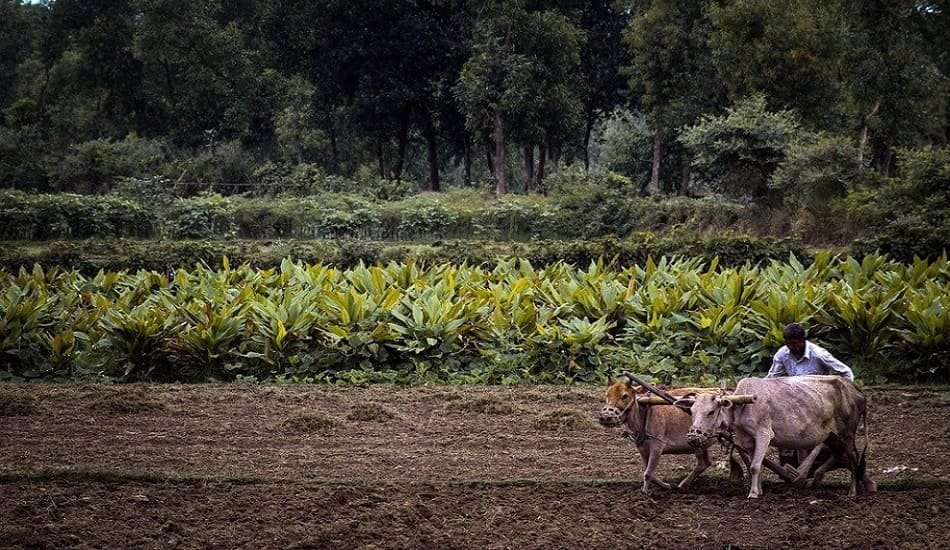PM Modi gained backing from key farmer leaders to adopt natural/organic farming.
Prime Minister Narendra Modi has gained backing from Rakesh Tikait, Yogendra Yadav, and Atul Anjan on his push to adopt natural/organic farming to conserve the land by saving Soil. High global fertiliser costs have upset the government’s subsidy scheme.
This may assist the government control fertiliser availability in the current Kharif season when sowing has begun. Also Read | Zero-budget natural farming returned to PM Modi govt’s top priority list.
The government estimates that fertiliser subsidies may reach ₹2.5 lakh crore this fiscal, up from ₹1.05 lakh crore in the Budget Estimate (BE). From ₹79,529.68 crore in BE to ₹1.40 lakh crore in RE during 2021-22. Modi has predicted this year’s subsidy would be beyond ₹2 lakh crore. Last year, the Union government subsidised fertilisers to help farmers, he said.
Costly
After the Covid-19 outbreak, worldwide fertiliser costs have risen in the previous two years. The Russia-Ukraine war has also curtailed availability and increased pricing.
In April, the global price of urea was $631/tonne, 66% higher than a year earlier. DAP was likewise 66% higher at $924, while MoP jumped 116% to $590. Though prices of all these fertilisers reportedly climbed in May, no Indian companies are putting into contracts for DAP import above the April level since they may not get government subsidies beyond that level and future price increases may cripple their sales.
Go for Organic Farming
Rakesh Tikait, spokesman for Bharatiya Kisan Union (BKU), said at a roundtable hosted by Rural Voice and Socrates Foundation in New Delhi on May 31 that the country must go toward ‘less fertiliser and water’ farming. BKU advised Uttarakhand to become a state before Sikkim, he said. Tikait said BKU advised MP and UP states to form a Bundelkhand Organic Board.
Atul Anjan, general secretary of the All India Kisan Sabha and prominent CPI politician, remarked, ‘Chemical fertilisers may be dangerous, but there’s no alternative.’ Government must promote organic farming. The allotment for organic farming seems to be affected by fertilisers firms.
Jai Kisan Andolan’s Yogendra Yadav said the government must act quickly because there’s not much time left before kharif. As a medium-term strategy, fertiliser subsidies should be delivered directly to farmers instead of industry, he said, adding that support should be paid to actual farmers based on records. Yadav favoured organic farming, stating it’s time to abandon the Green Revolution owing to land and water damage.
VM Singh of Rashtriya Kisan Mazdoor Sangathan said chemical fertilisers should be reduced. ‘Government policies don’t prioritise organics. How long will we be dependent on imported fertilisers? He advised spraying a water-urea mix directly on the fields.
Rampal Jat of Kisan Mahapanchayat, Rajaram Tripathi of the Alliance of Indian Farmers’ Associations, and Pramod Chaudhary of Bharatiya Kisan Sangh also supported organic and natural farming. Also Read | Srilanka’s organic farming crisis would be a great lesson for Indian Policymakers, farmers.
Problems
Raju Shetti of Swabhimani Shetkari Sanghatana disagreed, having tried organic sugarcane. ‘Unless organic products return more, producers would lose money owing to reduced yield,’ he stated. Shetti said organic farming can lead to a food crisis, citing his own experience. He said organic sugarcane production was 30-35 tonnes per acre compared to 70 tonnes using chemical fertilisers, but there was no customer at ₹70/kg.















Add Comment